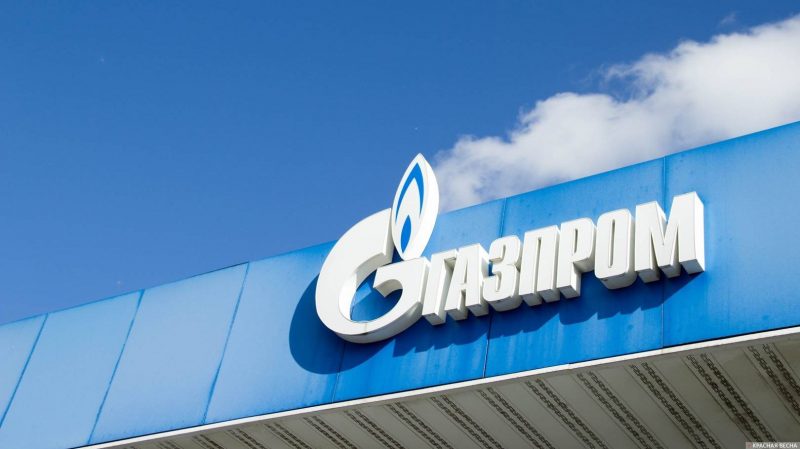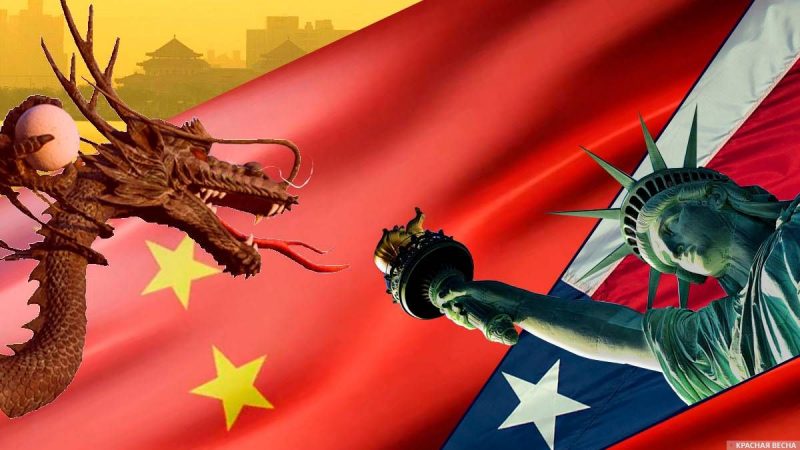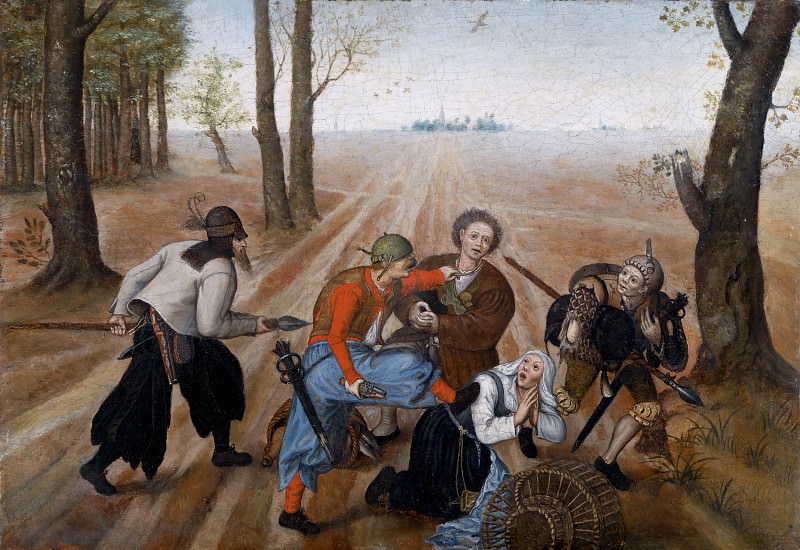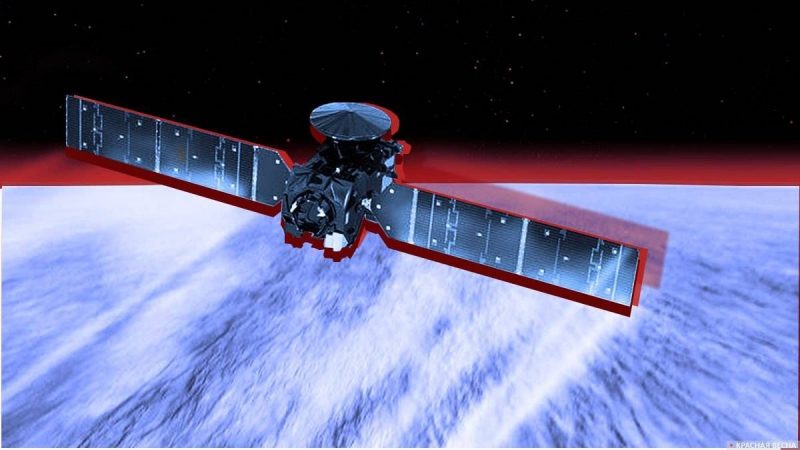05.03.2019, Moscow.
On February 20, 1993, Gazprom reported for the first time that it discontinued gas shipments to Ukraine. This happened because of Ukraine’s failure to pay on time. Since then, the gas dispute has become an irrevocable part of the Russian-Ukrainian relations.
Experts predict another round of the conflict in 2020 due to the expiration of the contract on the transit of gas through Ukraine to Europe. This contract was signed on January 19, 2009 by then Prime Ministers Vladimir Putin and Yulia Timoshenko.
With the launch of the Nord Stream 2 and South Stream gas pipelines, Russian gas will go to Europe bypassing Ukraine. As a result, Ukraine will lose 3 billion dollars. This is a significant amount for the country’s budget.
On February 14, Russia announced the conditions under which Russian gas transit across Ukrainian territory may be continued. They include a reform of the gas transportation system and payments based on competitive prices. According to experts, Kiev is unlikely to accept the Russian proposals. Previously, Naftogaz filed 2.56 billion dollars worth of financial claims against Gazprom with the Stockholm Court, and it still expects to receive this amount from the Russian company.
In late 2019, the transit contract between Naftogaz and Gazprom expires. The Ukrainian authorities have to decide where and at what price they will purchase gas in the future.
The leader of the Batkivshchina (Fatherland) party, presidential candidate Yulia Timoshenko, said on February 26 that despite the anti-Russian rhetoric and public declarations about rejection of Russian gas, Ukraine has been using gas that was supplied through the pipelines from Russia to Europe for the previous five years. However, according to Ukrainian documents, the West supplies gas to Ukraine at European exchange prices; while in fact, part of the Russian gas simply returns to Ukraine across its western border via a looped pipeline at a higher price.
This situation is beneficial for the West, which receives passive income as intermediary. As for Ukraine, having rejected purchasing from the direct supplier, it overpays for the gas to the reseller. For example, the Polish liquefied gas that Ukraine additionally purchased turned out to be four times as expensive as Russian gas. But the Ukrainian authorities are absolutely comfortable with this, as they are eager to waste their country’s budget for the sake of their Russophobic policy.
A Russian-Ukrainian-EU trilateral commission has been established in order to resolve the gas conflict. A new draft contract is being prepared, but its details remain unknown. The EU representative in the commission, Maroš Šefčovič, revealed some terms in an interview to journalists; they include a duration of the provisions for at least 10 years, their viability, and their compatibility with European laws.
Source: Rossa Primavera News Agency




